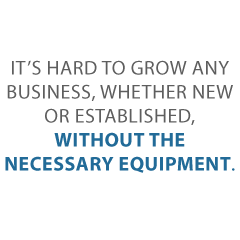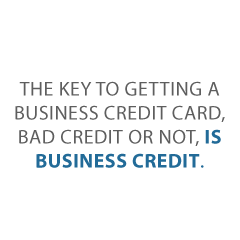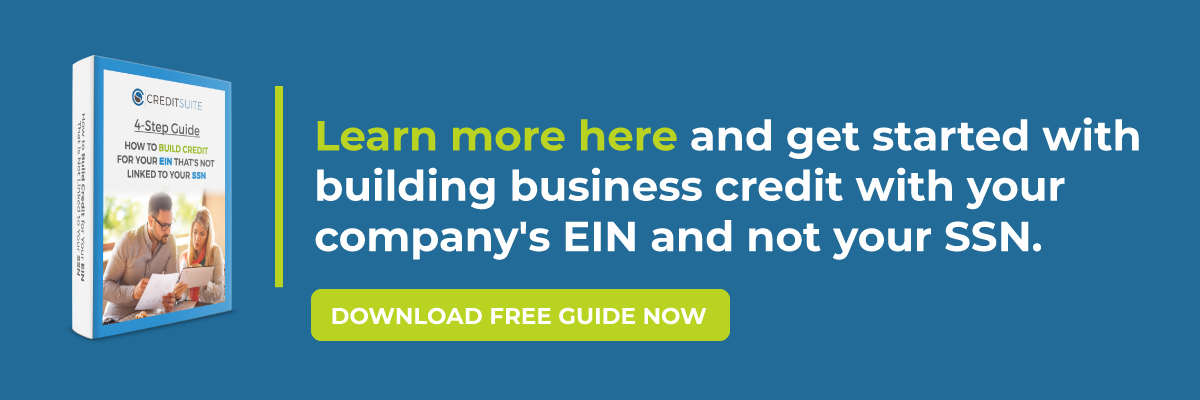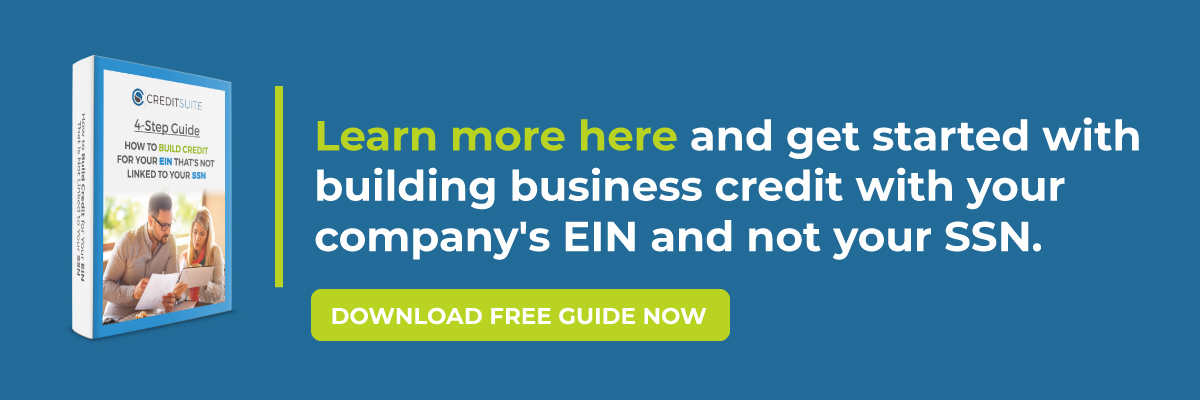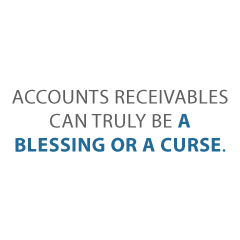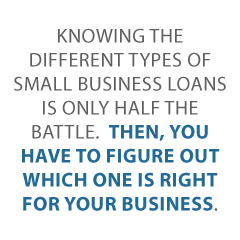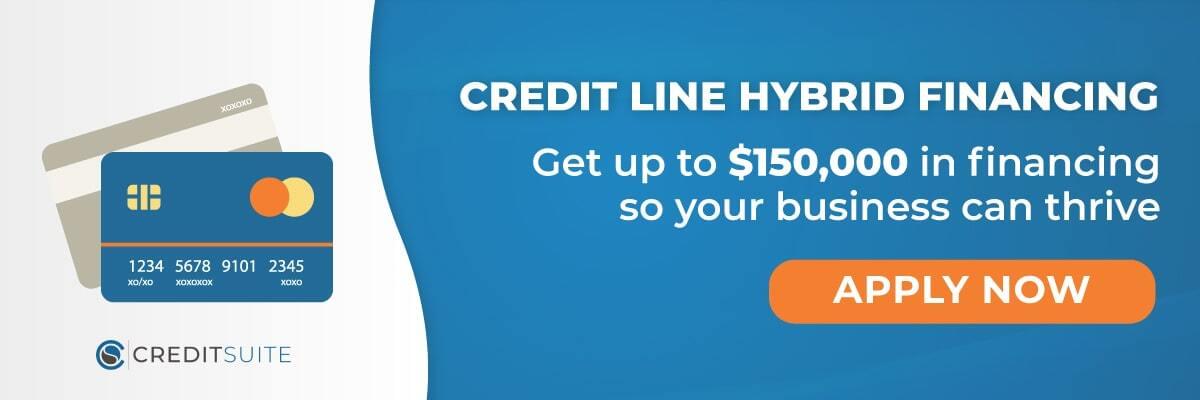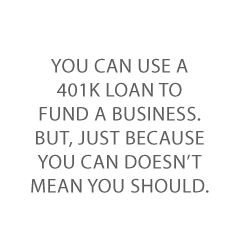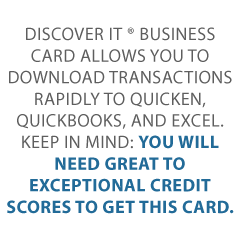
Check Out the Latest Business Credit Cards No Annual Fee
Consider Business Credit Cards No Annual Fee and What They Can Do for Your Business
Looking for business credit cards no annual fee? Look no further. We’ve got you covered.
We looked into lots of company credit cards for you. So, here are our selections.
Most of these have an ongoing annual fee of $0 (versus just an introductory fee). You can get a lot of cash with business credit cards.
And you will not need collateral, cash flow, or financials to get small business credit.
Company Credit Card Benefits
Benefits can differ. So, make sure to choose the benefit you prefer from this choice of options.
And always check rates on the appropriate site.
Business Credit Cards No Annual Fee for Fair Credit
Capital One® Spark® Classic for Business
Take a look at the Capital One® Spark® Classic for Business. It has no annual fee. There is no introductory APR offer. The regular APR is a variable 26.99%. You can earn unlimited 1% cash back on every purchase for your company, without any minimum to redeem.
While this card is available if you have average credit, beware of the APR. Nonetheless if you can pay on time, and in full, then it’s a deal.
Find it here: https://www.capitalone.com/small-business/credit-cards/spark-classic/
Business Credit Cards No Annual Fee for Jackpot Rewards That Never Expire
Capital One ® Spark® Cash Select for Business
Take a look at the Capital One ® Spark® Cash Select for Business card. It has no annual fee. You can get 1.5% cash back on every purchase. There is no restriction on the cash back you can earn. Also earn a one-time $200 cash bonus as soon as you spend $3,000 on purchases in the very first 3 months. Rewards never expire.
Pay a 0% introductory APR for 9 months. Then pay 13.99%– 23.99% variable APR afterwards.
You will need great to outstanding credit scores to qualify.
Find it here: https://www.capitalone.com/small-business/credit-cards/spark-cash-select/
Establish business credit fast with our research-backed guide to 12 business credit cards and lines.
Business Credit Cards No Annual Fee (Introductory) for Cash Back
Flat-Rate Rewards
Capital One ® Spark® Cash for Business
Take a look at the Capital One ® Spark® Cash for Business card. It has an introductory $0 annual fee for the first year. Afterwards, this card costs $95 each year. There is no introductory APR offer. The regular APR is a variable 20.99%.
You can get a $500 one-time cash reward after spending $4,500 in the initial three months from account opening. Get unlimited 1.5% cash back with Cash Select.
You will need great to superior credit to qualify.
Find it here: https://www.capitalone.com/small-business/credit-cards/spark-cash/
Flat-Rate Rewards and No Annual Fee
Discover it ® Business Card
Look into the Discover it ® Business Card. It has no yearly fee. There is an introductory APR of 0% on purchases for one year. After that the regular APR is a variable 14.49– 22.49%.
Get unlimited 1.5% cash back on all purchases, with no category restrictions or bonuses. They double the 1.5% Cashback Match ™ at the end of the initial year. There is no minimal spend requirement.
You can download transactions rapidly to Quicken, QuickBooks, and Excel. Keep in mind: you will need great to exceptional credit scores to get this card.
https://www.discover.com/credit-cards/business/
Bonus Categories
Ink Business Cash℠ Credit Card
Check out the Ink Business Cash℠ Credit Card. It has no annual fee. There is a 0% initial APR for the first year. After that, the APR is a variable 13.24– 19.24%. You can get a $750 one-time cash bonus after spending $7,500 in the first 3 months from account opening.
You can get 5% cash back on the initial $25,000 spent in combined purchases at office supply stores and on internet, cable, and phone services each account anniversary year.
Get 2% cash back on the first $25,000 spent in combined purchases at gasoline stations and restaurants each account anniversary year. Earn 1% cash back on all other purchases. There is no limit to the amount you can earn.
You will need exceptional credit scores to get approved for this card.
Find it here: https://creditcards.chase.com/business-credit-cards/ink/cash?iCELL=61GF
Boosted Cash Back Categories
Bank of America ® Business Advantage Cash Rewards MasterCard ® credit card
Look at the Bank of America ® Business Cash Rewards MasterCard ® credit card. Get an 0% introductory APR for the initial 9 billing cycles of the account. Afterwards, the APR is 12.24%– 22.24% variable. There is no annual fee. You can get a $300 statement credit offer.
Get 3% cash back in the category of your choice. So these are gas stations (default), office supply stores, travel, TV/telecom & wireless, computer services or business consulting services. Earn 2% cash back on dining. So this is for the initial $50,000 in combined choice category/dining purchases each calendar year. Afterwards earn 1% after, with no restrictions.
You will need excellent credit to qualify.
Find it here: https://www.bankofamerica.com/smallbusiness/credit-cards/products/cash-rewards-business-credit-card/
Corporate Credit Cards for Extravagant Travel
No Annual Fee
Bank of America ® Business Advantage Travel Rewards World MasterCard® credit card
For no annual fee while still getting travel rewards, check out this card from Bank of America. It has no yearly fee and a 0% initial APR for purchases during the first 9 billing cycles. After that, its regular APR is 12.24– 22.24% variable.
You can get 30,000 bonus points when you make a minimum of $3,000 in internet purchases. So this is within 90 days of your account opening. You can redeem these points for a $300 statement credit towards travel purchases.
Get endless 1.5 points for every $1 you spend on all purchases, everywhere, each time. And this is no matter how much you spend.
Also earn 3 points per every dollar spent when you book your travel (automobile, hotel, airline) with the Bank of America ® Travel Center. There is no restriction to the number of points you can get and points do not expire.
You can earn up to 75% more points on every purchase if you have a company checking account with Bank of America and qualify for Preferred Rewards for Business.
You will need superb credit scores to get this one (as in, 700s or better).
Find it here: https://www.bankofamerica.com/smallbusiness/credit-cards/products/travel-rewards-business-credit-card/
Flat-rate Travel Rewards: No Annual Fee for First Year
Capital One ® Spark® Miles for Business
Check out the Capital One ® Spark® Miles for Business card. It has no annual fee for the initial year, which after that rises to $95. The regular APR is 20.99%, variable due to the prime rate. There is no introductory annual percentage rate. Pay no transfer charges. Late fees go up to $39.
This card is terrific for travel if your costs do not come under basic bonus categories. You can get unlimited double miles on all purchases, without limitations. Earn 5x miles on rental cars and hotels if you book through Capital One Travel.
Get an initial bonus of 50,000 miles. That’s the same as $500 in travel. But you only get it if you spend $4,500 in the first 3 months from account opening. There is no foreign transaction cost. You will need a good to exceptional FICO rating to qualify.
Earn 50,000 bonus miles if you spend at least $4,500 within 3 months of your rewards membership enrollment date.
Find it here: https://www.capitalone.com/small-business/credit-cards/spark-miles/
Establish business credit fast with our research-backed guide to 12 business credit cards and lines.
Business Credit Cards No Annual Fee for Fair to Poor Credit Scores, Not Calling for a Personal Guarantee
Brex Card for Startups
Look into the Brex Card for Startups. It has no annual fee.
You will not need to give your Social Security number to apply. And you will not need to provide a personal guarantee. They will take your EIN.
Nevertheless, they do not accept every industry.
Also, there are some industries they will not work with, as well as others where they want more paperwork. For a list, go to https://brex.com/legal/prohibited_activities/.
To establish creditworthiness, Brex checks a company’s cash balance, spending patterns, and investors.
You can get 7x points on rideshare. Get 4x on travel. Also, get triple points on restaurants. And get double points on recurring software costs. Get 1x points on everything else.
You can have poor credit, (even a 300 FICO) to qualify.
Find it here: https://brex.com/lp/startups-higher-limits/
Establish business credit fast with our research-backed guide to 12 business credit cards and lines.
Company Credit Cards with a 0% Initial APR– Pay Zero!
Blue Business® Plus Credit Card from American Express
Take a look at the Blue Business® Plus Credit Card from American Express. It has no annual fee. There is a 0% initial APR for the first year. Afterwards, the APR is a variable 13.24– 19.24%.
Get double Membership Rewards® points on everyday business purchases like office supplies or client dinners for the first $50,000 spent annually. Get 1 point per dollar after that.
You will need good to exceptional credit scores to qualify.
Find it here: https://creditcard.americanexpress.com/d/bluebusinessplus-credit-card/
American Express ® Blue Business Cash Card
Also have a look at the American Express ® Blue Business Cash Card. Note: the American Express ® Blue Business Cash Card the same as the Blue Business® Plus Credit Card from American Express. Yet its rewards are in cash as opposed to points.
Get 2% cash back on all qualified purchases on as much as $50,000 per calendar year. Afterwards obtain 1%.
It has no annual fee. There is a 0% initial APR for the first 12 months. After that, the APR is a variable 13.24– 19.24%.
You will need great to outstanding credit to qualify.
Find it here: https://creditcard.americanexpress.com/d/business-bluecash-credit-card/
The Very Best Small Business Credit Cards No Annual Fee for You
Your straight-out perfect business credit cards no annual fee will depend upon your credit history and scores.
Only you can pick which features you want and need. So, do your research. What is exceptional for you could be terrible for another individual.
And, as always, make certain to establish credit in the recommended order for the best, quickest benefits.
The post Check Out the Latest Business Credit Cards No Annual Fee appeared first on Credit Suite.

